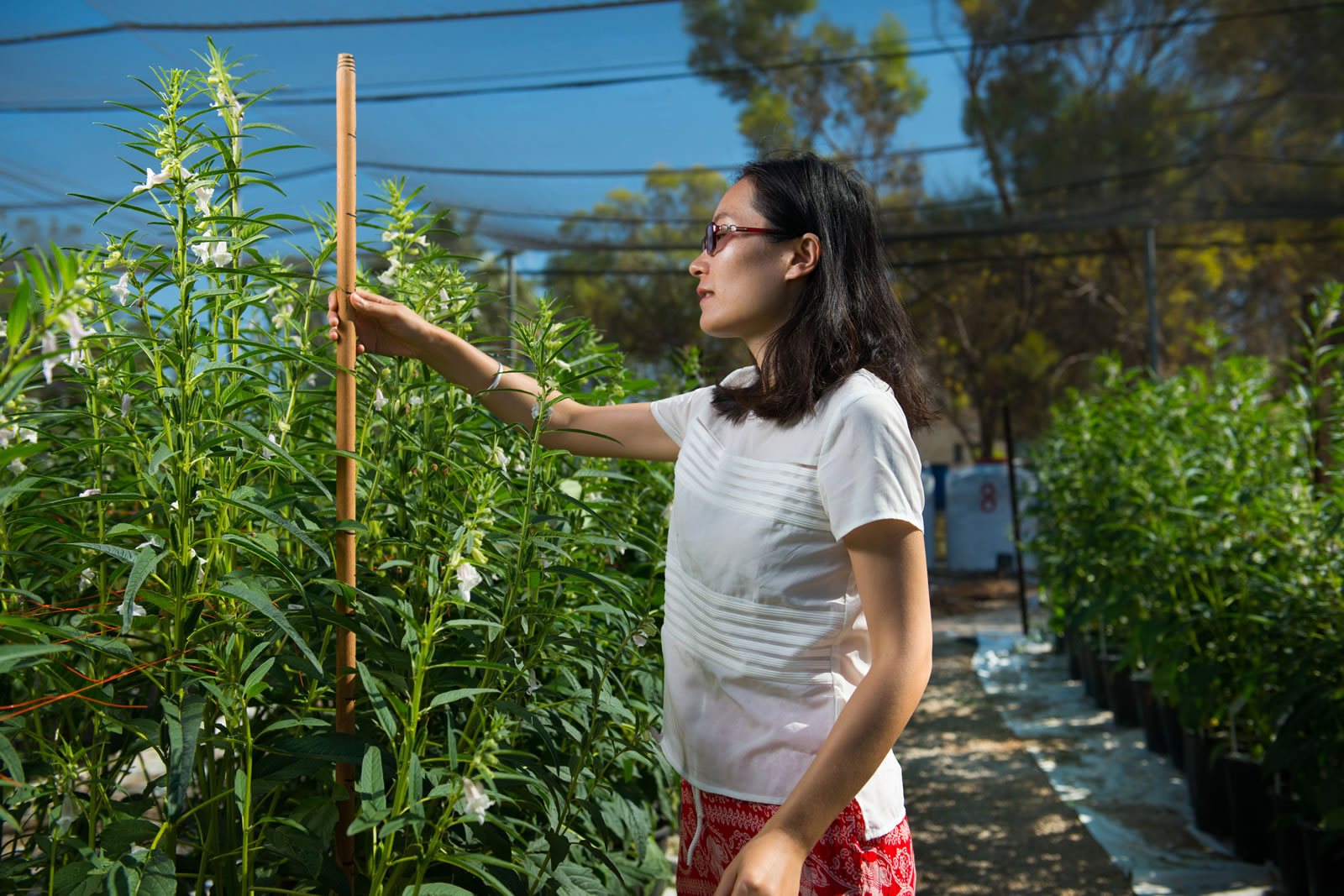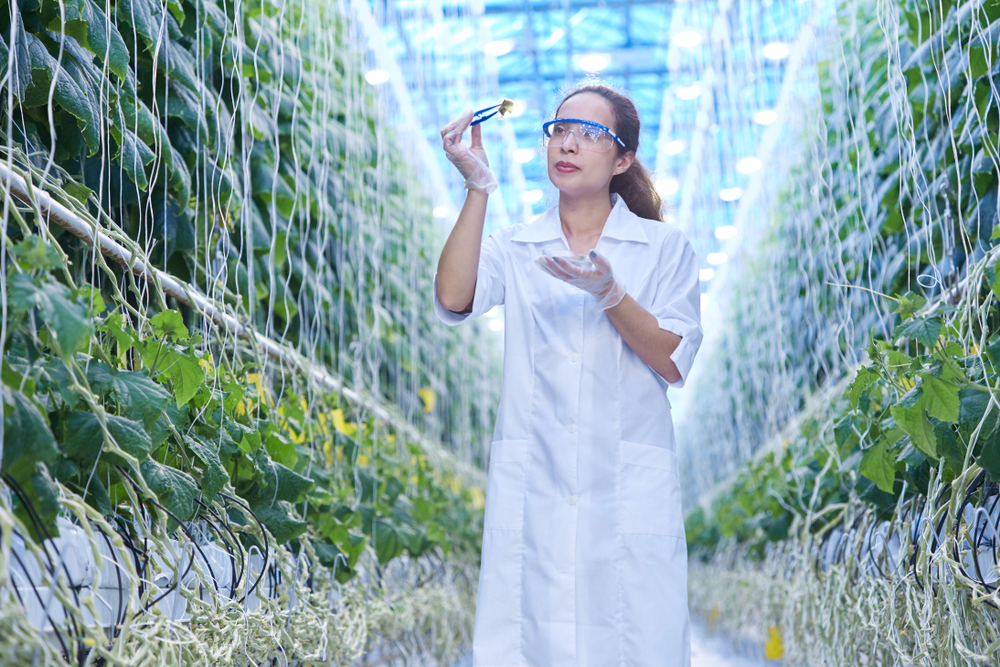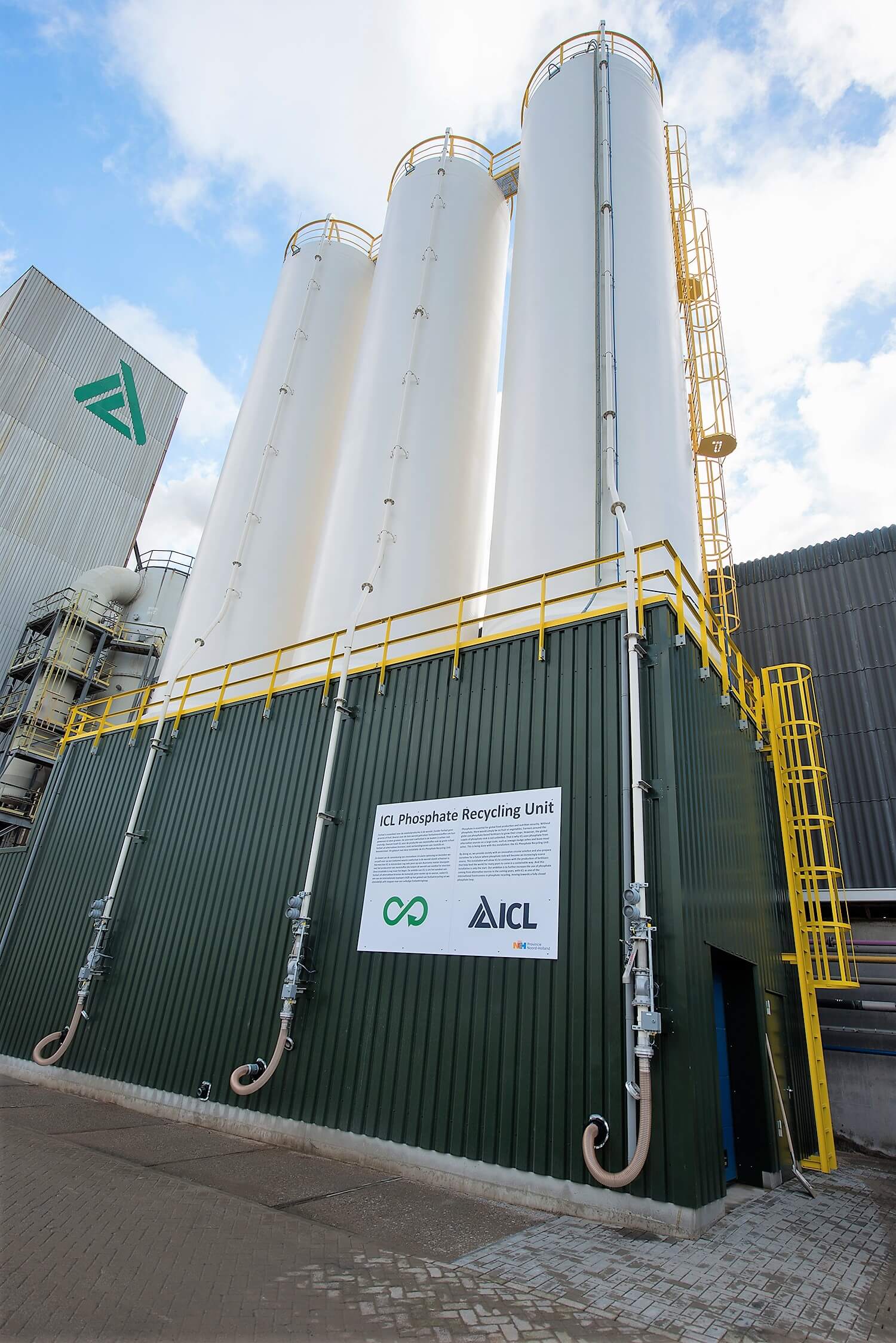
Ag Tech
AgTech is a rapidly evolving sector that aims to improve applications of technology to increase yield, growth, quality, and harvesting of crops. One of the key elements of ICL’s strategy is to develop advanced solutions for the agricultural sector by creating global leadership in Innovative Ag solutions and precision agriculture. ICL is leveraging its excellence in R&D to enhance its product pipeline and create new synergies between its extensive range of upstream and downstream products. 2.4 By 2030, ensure sustainable[...]






